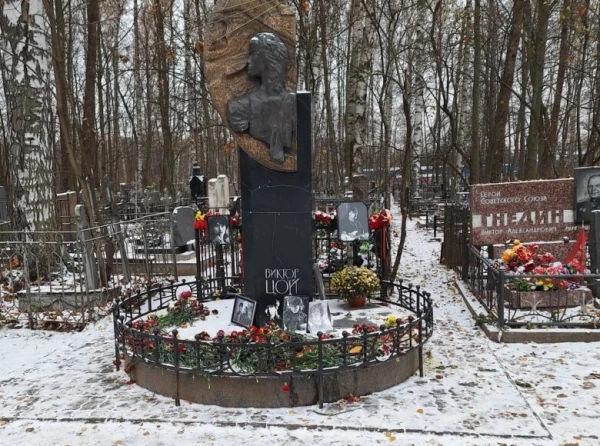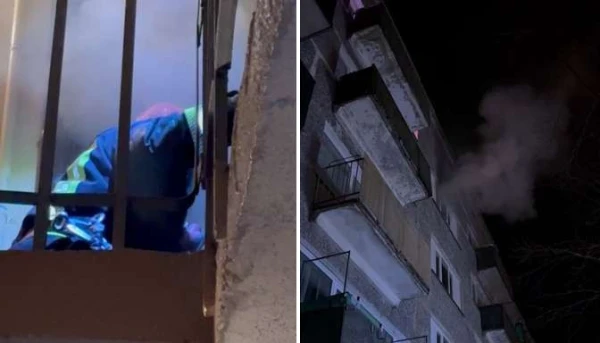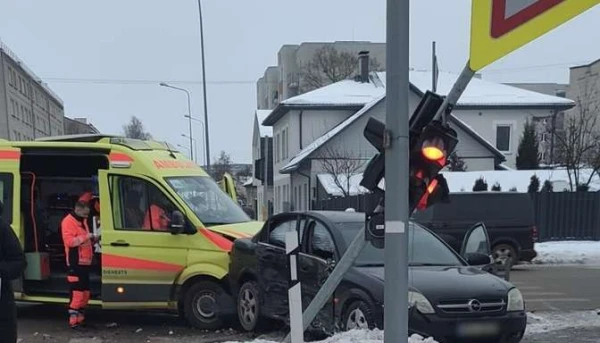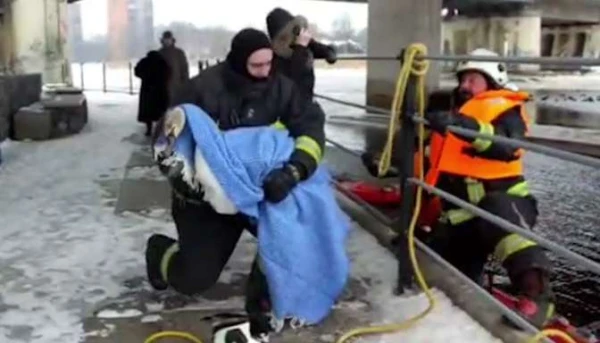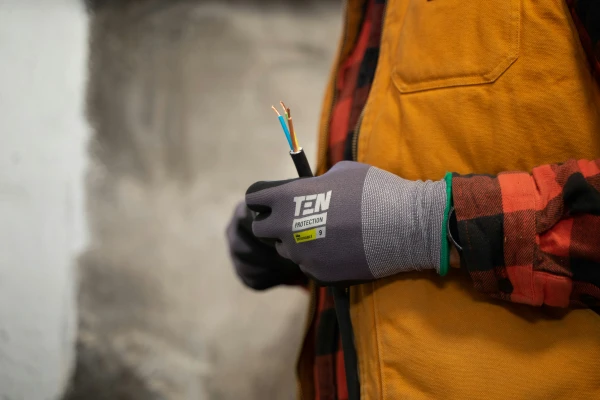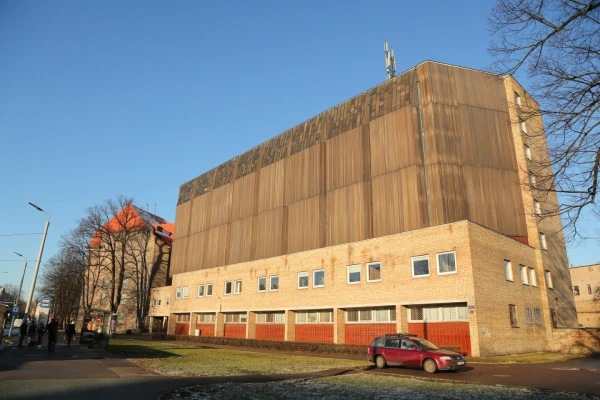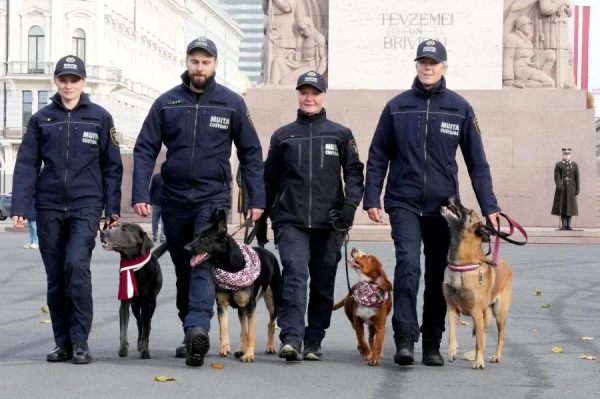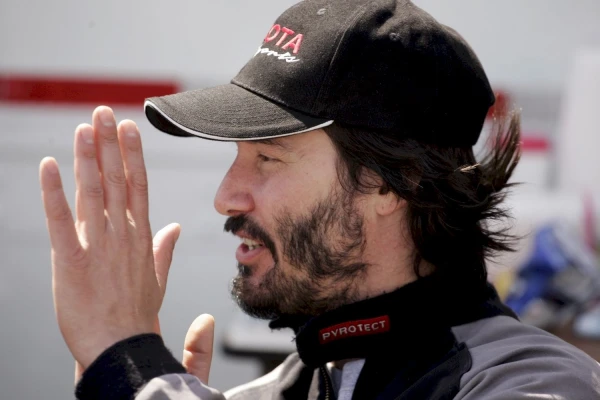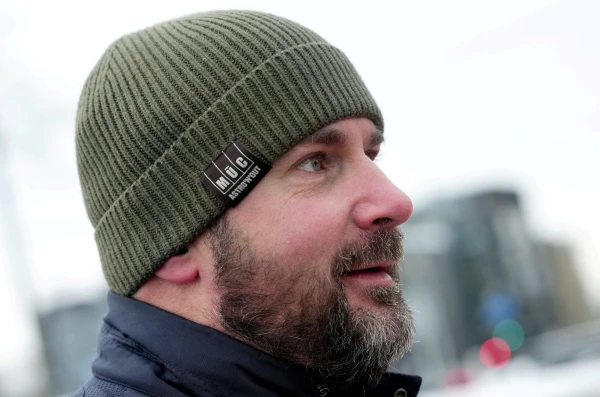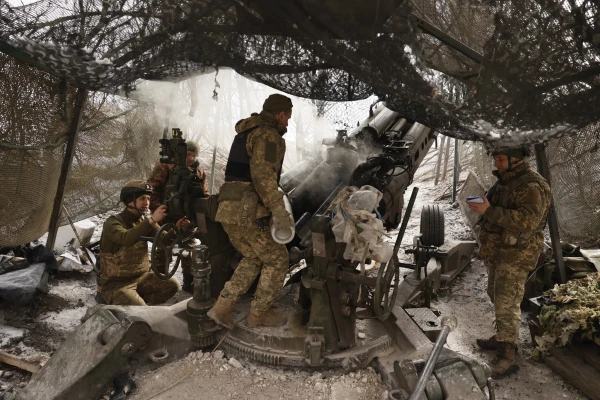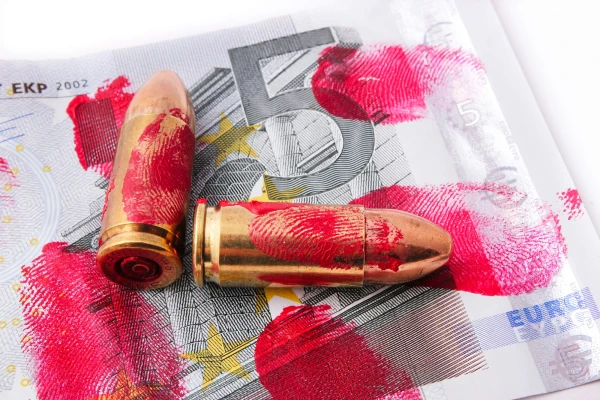
The prosecutor's office has charged four citizens of Latvia with sabotage activities on behalf of the Russian special services, while for their actions, the accused received a total of 1000 euros, reports the LETA agency, citing the prosecutor's office.
One of the accused, serving a sentence in prison for illegal drug trafficking, incited the commission of sabotage actions, which involved searching for individuals to carry out specific tasks.
The second person is accused of aiding the crime – he drove the perpetrators in his car to the location where the sabotage actions were planned and also helped them leave the crime scene.
Two more citizens of Latvia are accused of assisting Russia in actions directed against the security of Latvia, committed by a group of individuals, as well as intentionally damaging someone else's property, the prosecutor's office indicated.
As previously reported, before the case was handed over to the prosecutor's office, the investigation was conducted by the Security Police (SP).
The criminal process, within which the actions of these individuals were identified, was initiated by the SP on June 10, 2024. During the investigation, it was established that at the initiative of the Russian special services, a group of individuals was formed with the aim of committing particularly serious crimes against the state of Latvia. These individuals participated in the planning, organization, and execution of sabotage activities on the territory of Latvia, including through deliberate arson of various facilities.
In the spring of this year, the SP detained three members of the group, while the fourth was already in custody for another crime.
The evidence collected by the SP indicates that in the fall of 2023, the accused planned and carried out the deliberate arson of a facility belonging to a private company, as this company was implementing a project related to the defense sector.
Additionally, in early 2024, they were preparing to set fire to a cargo truck with Ukrainian license plates on the territory of a critical infrastructure facility – conducting reconnaissance, recording the surroundings of the facility and potential entry points on video.
The SP also established that the suspects were gathering information about other potential targets for sabotage, photographing and filming them, and sending the obtained materials to the organizers in Russia. In order to prevent possible sabotage against these targets, the SP implemented a wide range of preventive measures.
Currently, three individuals are under arrest as a preventive measure, while the fourth accused is already serving a sentence for another crime.
All four had previously been convicted of other criminal offenses, but had not previously come to the attention of the SP.
The information collected by the SP indicates that the main motivation for these individuals' participation in the organization and execution of sabotage was financial gain.
Interior Minister Rihards Kozlovskis (“New Unity”) acknowledged in an interview with the LETA agency in September that there have been at least ten acts of sabotage in Latvia over the past two years, and for more effective response, it is necessary to invest additionally in special units and consider the possibility of acquiring helicopters.
The minister did not specify the exact number of registered sabotage cases over the past two years but emphasized that they are not in the hundreds, but also not less than ten. Last year, according to him, marked a transition from “soft power” – attempts to influence people's minds – to physical attacks on Latvia's infrastructure.
"Like any crime, there are executors, intermediaries, accomplices, and organizers here," Kozlovskis noted. The organizers seek to avoid identification, while the executors mostly have a criminal past or are connected to the criminal world.

